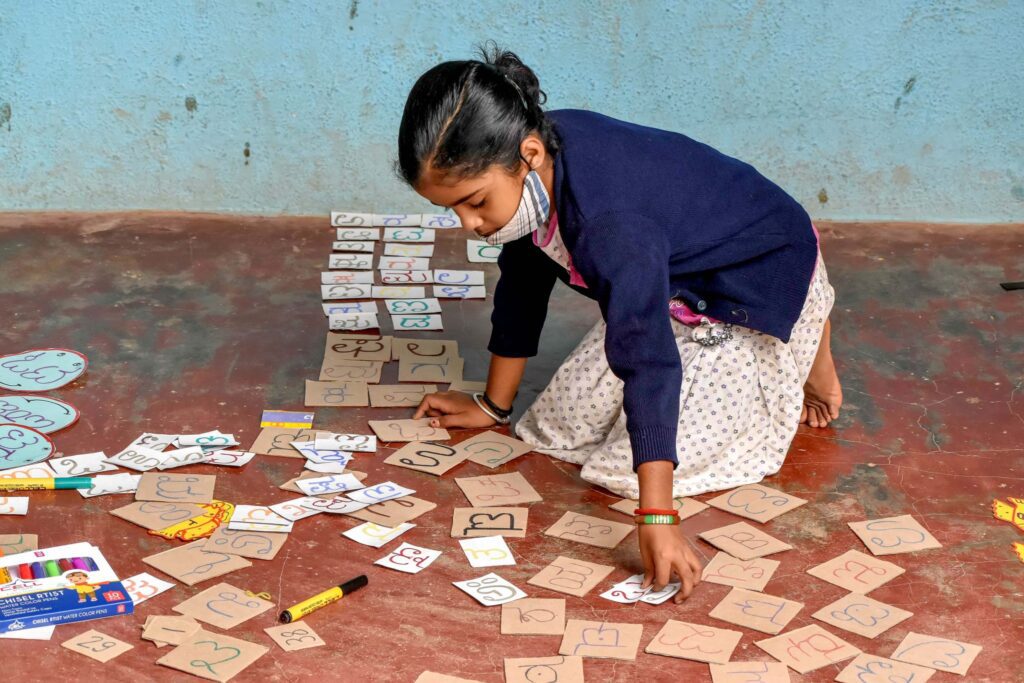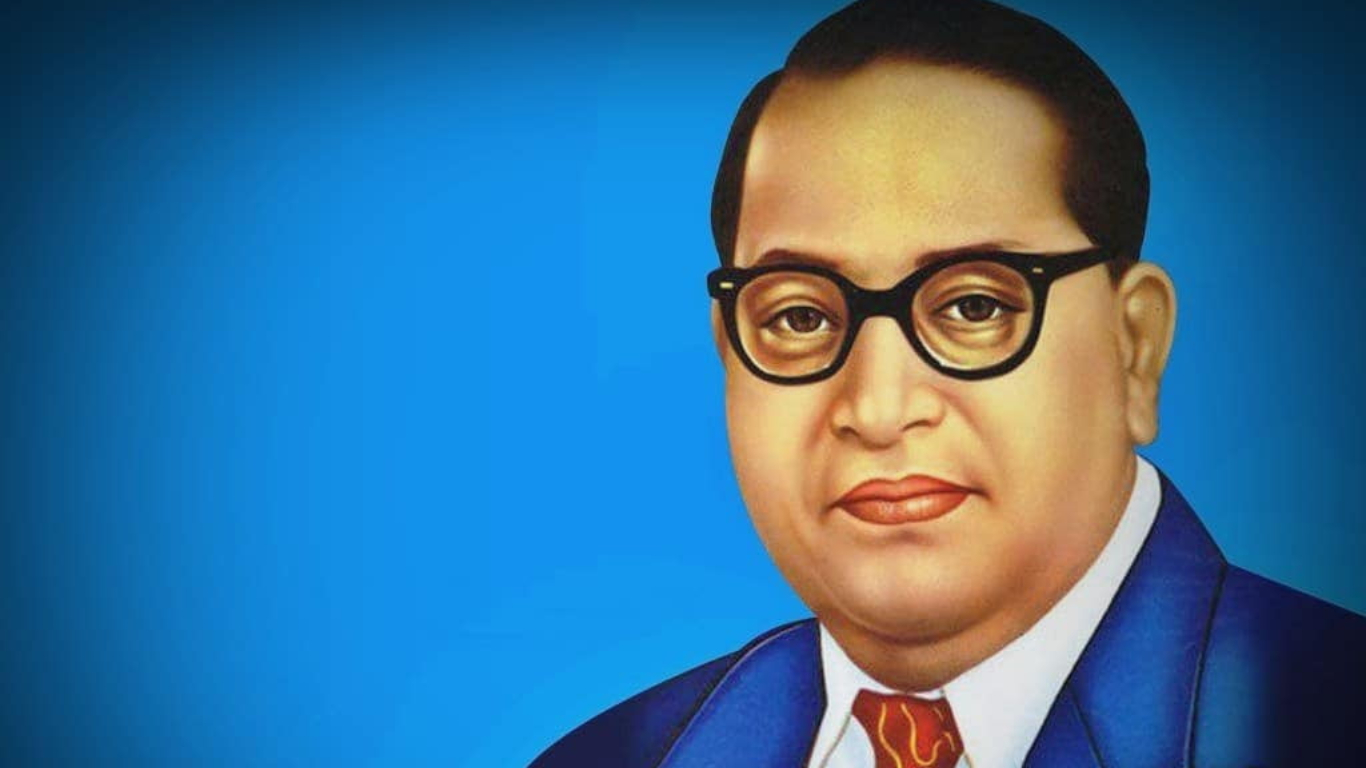On the birth anniversary of Maulana Abul Kalam Azad, India marks National Education Day on November 11 each year. Azad was a celebrated educationist and writer. He served as the first Minister of Education of independent India along with being the Vice President.
Educational institutions across the country mark the day with various activities. Seminars, essay-writing competitions, workshops, and rallies on the importance of literacy and India’s commitment to education are part of the celebrations.
Why is Azad’s birthday marked as National Education Day?
Maulana Abul Kalam Azad made exemplary contributions to the field of education and institution building. It was he who paved the way for modern education in India. He has made many contributions to the field of education. Due to this, Azad is deemed to be the main architect of education in India.
The Ministry of Human Resource Development declared the birthday of ‘the great son of India’ as National Education Day in 2008. Since then, this date celebrates Maulana Abul Kalam Azad’s contributions every year.
His significant contributions
Maulana Abul Kalam Azad played a key role in driving the effort to eradicate illiteracy. He emphasized on elementary education and stressed on the importance of secondary education as well.
He played a significant role in the establishment of various educational institutions. Some of these are Indian Institute of Science and Jamia Milia Islamia. His most significant contribution was the establishment of the first Indian Institute of Technology in 1951. Over the past few decades, a number of IITs have come up.
Maulana Azad’s philosophy and our work
Azad had a pure philosophy for India’s education. And Smile Foundation firmly believes in this.
We must not for a moment forget, it is a birthright of every individual to receive at least the basic education without which he cannot fully discharge his duties as a citizen.”
Our Mission Education programme and related campaigns all focus on the right of each child to receive an education. Keeping in mind the role of children as citizens of tomorrow, we focus on an all-round lifecycle approach to intervene at various stages of a child’s development and health.









